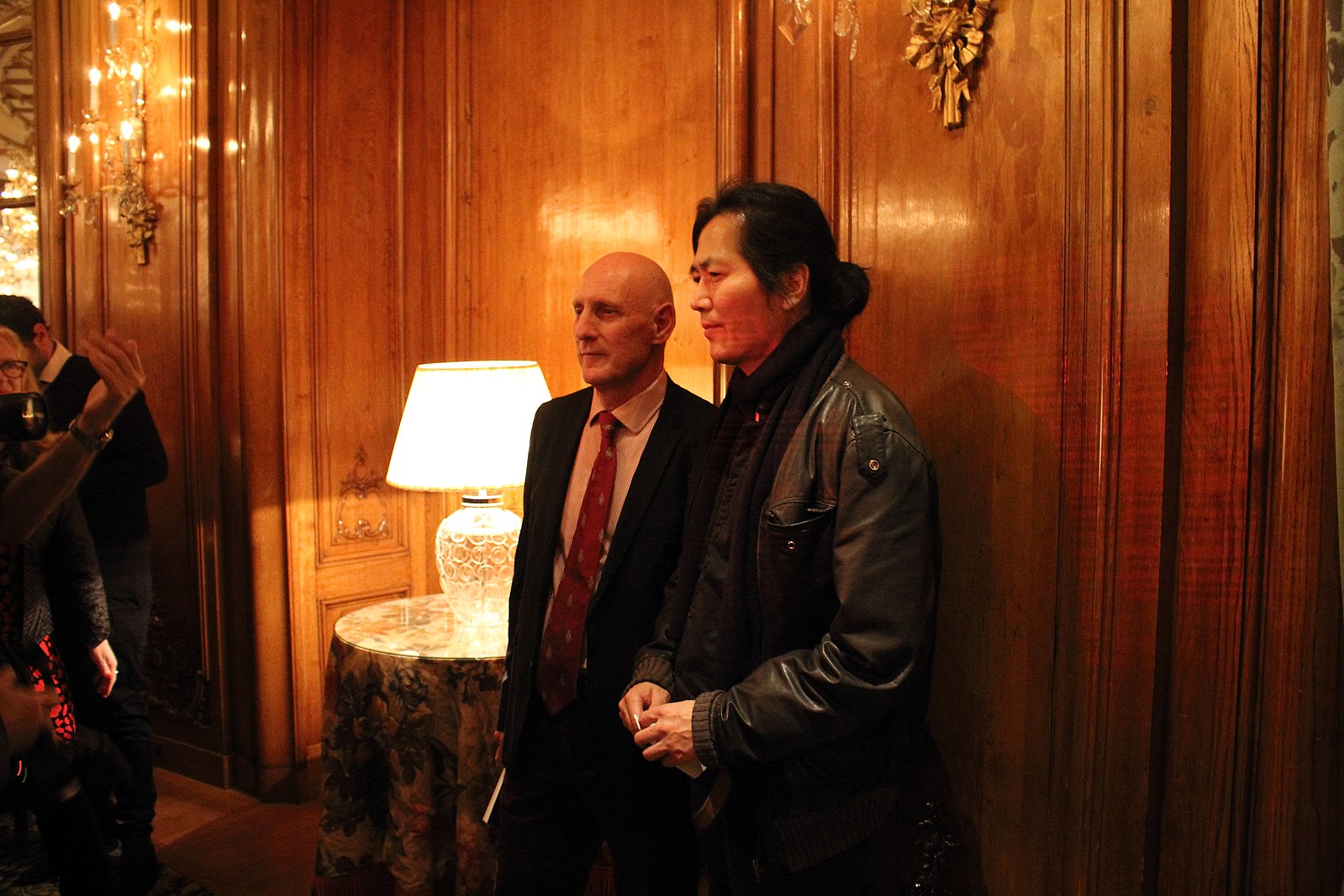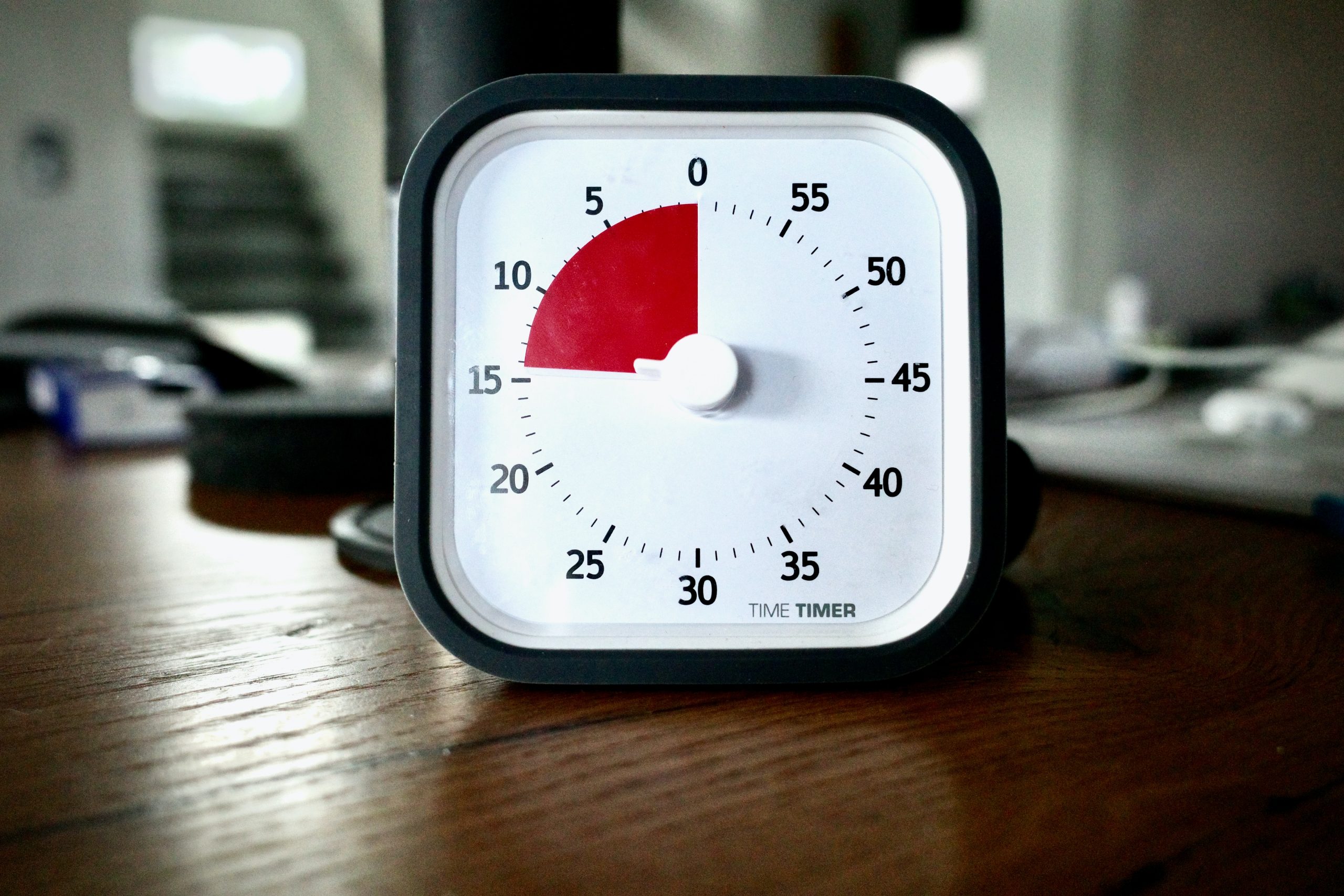One of the most brilliant contemporary philsophers is Byung-Chul Han who has written a rather insightful and provocative book on contemporary Western societies called The Burnout Society.
Han is based in Germany and has an unusual background. He was born in Seoul, South Korea in 1959 and he studied metallurgy before moving to Germany to immerse himself in philosophy, theology and literature.
In 1994, he received his doctorate with a dissertation on Martin Heidegger and while he didn’t begin his philosophy career until his forties, he has published over 20 books and lectures to sold out audiences across Western Europe.
His main thesis in The Burnout Society is that contemporary Western society is increasingly dominated by narcissism, self-referential thinking and mass breakdown in relationships, community and identity.
He explores how a vision of humanity driven by hyper-captialism where humans must be infinitely adaptable to the flow of capital — of man as leistungsmachine (performance machine) — manifests in the characteristic disorders of our age: burnout, fatigue, depression, hyperactivity.
Burnout is a complex subject and I feel that Byung-Chul Han’s book The Burnout Society really illuminates the nature of burnout as one of the chief maladies of the 21st century.
Here are some of the most powerful burnout quotes from the book:
1. On how social media contributes to burnout.
“In social networks, the function of “friends” is primarily to heighten narcissism by granting attention, as consumers, to the ego exhibited as a commodity.”
“Today, generalized communication and surplus information threaten to overwhelm all human defenses… the occupants of today’s digital panopticon actively communicate with each other and willingly expose themselves. That is, they collaborate in the digital panopticon’s operations.”
2. On how overstimulation leads to depression and burnout.
“First and foremost, depression is creative fatigue and exhausted ability.”
“Depression—which often culminates in burnout—follows from overexcited, overdriven, excessive self-reference that has assumed destructive traits. The exhausted, depressive achievement-subject grinds itself down, so to speak. It is tired, exhausted by itself, and at war with itself. Entirely incapable of stepping outward, of standing outside itself, of relying on the Other, on the world, it locks its jaws on itself; paradoxically, this leads the self to hollow and empty out. It wears itself out in a rat race it runs against itself.”
“Depression began its ascent when the disciplinary model for behaviors, the rules of authority and observance of taboos that gave social classes as well as both sexes a specific destiny, broke against norms that invited us to undertake personal initiative by enjoining us to be ourselves. . . . The depressed individual is unable to measure up; he is tired of having to become himself.”
3. On the skyrocketing of mental illness in the 21st century.
“Every age has its signature afflictions. Thus, a bacterial age existed; at the latest, it ended with the discovery of antibiotics. Despite widespread fear of an influenza epidemic, we are not living in a viral age. Thanks to immunological technology, we have already left it behind. From a pathological standpoint, the incipient twenty-first century is determined neither by bacteria nor by viruses, but by neurons. Neurological illnesses such as depression, attention deficit hyperactivity disorder (ADHD), borderline personality disorder (BPD), and burnout syndrome mark the landscape of pathology at the beginning of the twenty-first century. They are not infections, but infarctions; they do not follow from the negativity of what is immunologically foreign, but from an excess of positivity. Therefore, they elude all technologies and techniques that seek to combat what is alien.”
“Psychoanalysis presupposes the negativity of repression and negation. The unconscious and repression, Freud stresses, are “correlative” to the greatest extent. In contrast, the process of repression or negation plays no role in contemporary psychic maladies such as depression, burnout, and ADHD. Instead, they indicate an excess of positivity, that is, not negation so much as the inability to say no;”
4. On how toxic positivity driven by consumer culture exhausts the individual.
“The new human type, standing exposed to excessive positivity without any defense, lacks all sovereignty.”
“The society of positivity, from which negativity has disappeared, is a society of bare life, which is exclusively dominated by the concern “to make sure of survival” in the face of discontinuity. This is a slave’s life. Concern for bare life, for survival alone, strips life of all vitality…”
“The violence of positivity does not deprive, it saturates; it does not exclude, it exhausts. That is why it proves inaccessible to unmediated perception.”
“The violence of positivity does not deprive, it saturates; it does not exclude, it exhausts… The complaint of the depressive individual, “Nothing is possible,” can only occur in a society that thinks, “Nothing is impossible. No-longer-being-able-to-be-able leads to destructive self-reproach and auto-aggression. The achievement-subject finds itself fighting with itself. The depressive has been wounded by internalized war. Depression is the sickness of a society that suffers from excessive positivity. It reflects a humanity waging war on itself.”
5. On the new entrepreneurship and self-achievement economy.
“Its inhabitants are no longer “obedience-subjects” but “achievement-subjects.” They are entrepreneurs of themselves.”
“Today, everyone is an auto-exploiting labourer in his or her own enterprise. People are now master and slave in one. Even class struggle has transformed into an inner struggle against oneself.”
“As the entrepreneur of its own self, the neoliberal subject has no capacity for relationships with others that might be free of purpose. Nor do entrepreneurs know what purpose-free friendship would even look like.”
“In contemporary American self-help literature, the magic word is healing. The term refers to self-optimization that is supposed to therapeutically eliminate any and all functional weakness or mental obstacle in the name of efficiency and performance. Yet perpetual self-optimization, which coincides point-for-point with the optimization of the system, is proving destructive. It is leading to mental collapse. Self-optimization, it turns out, amounts to total self-exploitation.”
“The achievement-subject stands free from any external instance of domination forcing it to work, much less exploiting it. It is lord and master of itself. Thus, it is subject to no one—or, as the case may be, only to itself. It differs from the obedience-subject on this score. However, the disappearance of domination does not entail freedom. Instead, it makes freedom and constraint coincide. Thus, the achievement-subject gives itself over to compulsive freedom—that is, to the free constraint of maximizing achievement.”
6. On the obsession with health and self-optimization.
“Today’s society is no longer Foucault’s disciplinary world of hospitals, madhouses, prisons, barracks, and factories. It has long been replaced by another regime, namely a society of fitness studios, office towers, banks, airports, shopping malls, and genetic laboratories. Twenty-first-century society is no longer a disciplinary society, but rather an achievement society [Leistungsgesellschaft]. Also, its inhabitants are no longer “obedience-subjects” but “achievement-subjects.” They are entrepreneurs of themselves.”
“Nietzsche already observed that, after the death of God, health rose to divine status. If a horizon of meaning extended beyond bare life, the cult of health would not be able to achieve this degree of absoluteness.”
“Culture presumes an environment in which deep attention is possible. Increasingly, such immersive reflection is being displaced by an entirely different form of attention: hyperattention.”
7. On meditation and the loss boredom and contemplative space.
“In Zen meditation, for example, one attempts to achieve the pure negativity of not-to—that is, the void—by freeing oneself from rushing, intrusive Something. Such meditation is an extremely active process; that is, it represents anything but passivity. The exercise seeks to attain a point of sovereignty within oneself, to be the middle. If one worked with positive potency, one would stand at the mercy of the object and be completely passive. Paradoxically, hyperactivity represents an extremely passive form of doing, which bars the possibility of free action. It is based on positive potency that has been made absolute to the exclusion of all else.”
8. On the consequences of chronic compulsive multitasking.
“The attitude toward time and environment known as “multitasking” does not represent civilizational progress. Human beings in the late-modern society of work and information are not the only ones capable of multitasking. Rather, such an aptitude amounts to regression. Multitasking is common- place among wild animals. It is an attentive technique indispensable for survival in the wilderness.”
9. On AI and the loss personal autonomy with digital addictions.
“Big Data has announced the end of the person who possesses free will…For human beings to be able to act freely, the future must be open. However, Big Data is making it possible to predict human behaviour.”
10. On diversity and how capitalism breaks down traditions and creates monoculture.
“The negativity of otherness or foreignness is de-interiorized and transformed into the positivity of communicable and consumable difference: ‘diversity’.”
11 On the deep tiredness and existential exhaustion of burnout.
“Deep tiredness loosens the strictures of identity. Things flicker, twinkle, and vibrate at the edges. They grow less determinate and more porous and lose some of their resolution. This particular in-difference lends them an aura of friendliness. Rigid delimitation with respect to one’s surroundings is suspended.”
“The modern loss of faith does not concern just God or the hereafter. It involves reality itself and makes human life radically fleeting. Life has never been as fleeting as it is today. Not just human life, but the world in general is becoming radically fleeting. Nothing promises duration or substance. Given this lack of Being, nervousness and unease arise. Belonging to a species might benefit an animal that works for the sake of its kind to achieve brute Gelassenheit. However, the late-modern ego stands utterly alone. Even religions, as thanatotechnics that would remove the fear of death and produce a feeling of duration, have run their course. The general denarrativization of the world is reinforcing the feeling of fleetingness. It makes life bare.”
12. On the importance of love and friendship to prevent burnout.
“One feels free in relationships of love and friendship. It is not the absence of ties, but ties themselves which set us free. Freedom is a word which pertains to relations par excellence. Without hold there is no freedom.”
“The acceleration of contemporary life also plays a role in this lack of being. The society of laboring and achievement is not a free society. It generates new constraints. Ultimately, the dialectic of master and slave does not yield a society where everyone is free and capable of leisure, too. Rather, it leads to a society of work in which the master himself has become a laboring slave. In this society of compulsion, everyone carries a work camp inside. This labor camp is defined by the fact that one is simultaneously prisoner and guard, victim and perpetrator. One exploits oneself. It means that exploitation is possible even without domination.”
13. On how capitalism has evolved in the 21st century.
“Concern for the good life, which also includes life as a member of the community, is yielding more and more to the simple concern for survival.”
“Since there is no possibility of relieving debt and guilt, the state of unfreedom perpetuates itself: ‘A vast sense of guilt that is unable to find relief seizes on the cult, not to atone for this guilt but to make it universal.”
14. On how democracy has become disconnected from society and community.
“As consumers, today’s voters have no real interest in politics – in actively shaping the community. They possess neither the will nor the ability to participate in communal, political action. They react only passively to politics: grumbling and complaining, as consumers do about a commodity or service they do not like.”
15. On how Neoliberalism inverts traditional liberal ideas and makes them market friendly.
“Neoliberalism represents a highly efficient, indeed an intelligent, system for exploiting freedom. Everything that belongs to practices and expressive forms of liberty –emotion, play and communication –comes to be exploited.”
“People who fail in the neoliberal archievement-society see themselves as responsible for their lot and feel shame instead of questioning society or the system. Herein lies the particular intelligence defining the neoliberal regime: no resistance to the system can emerge in the first place.
In contrast, when allo-exploitation prevails, the exploited are still able to show solidarity and unite against those who exploit them. Such is the logic on which Marx’s idea of a ‘dictatorship of the proletariat’ is based. However, this vision presupposes that relations of repression and domination hold. Now, under the neoliberal regime of auto-exploitation, people are turning their aggression against themselves. This auto-aggressivity means that the exploited are not inclined to revolution so much as depression.”
“The history of violence culminates in this merging of victim and perpetrator, of master and slave, of freedom and violence.”
Which one of these quotes on burnout, fatigue, depression and 21st century living made you think the most?
Image Source: ActuaLitté
- How The Muse S Athena Works For EEG And fNIRS Neurofeedback - April 24, 2025
- The 10 Best Pomodoro Timer Apps For Remote Workers - April 11, 2025
- Hacking The Flow Cycle: Brainwaves, Creativity and Flow States - April 11, 2025





 This website uses cookies to improve your web experience.
This website uses cookies to improve your web experience.